How to save money in Switzerland
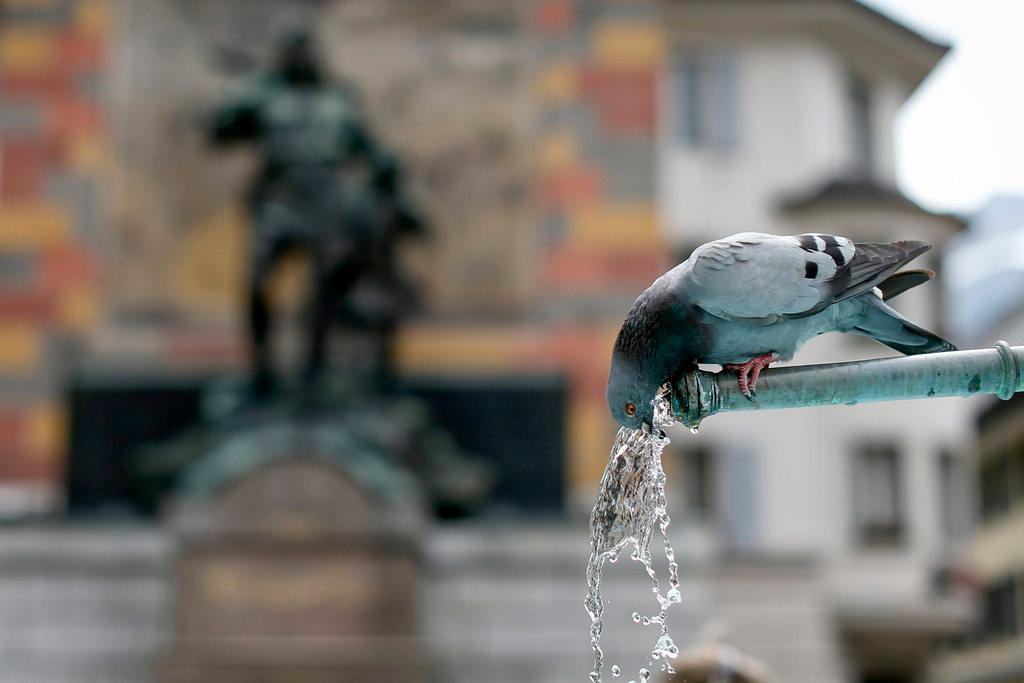
There’s no denying that Switzerland is pricey, but there are bargains to be had if you know where to look. We’ve crowdsourced tips from our Facebook community.
Readers often complain about how expensive Switzerland is, and we’ve done many stories on the topic, like when we compared the prices of shopping baskets filled at Swiss and French supermarkets.
But then we wondered: Is there such a thing as cheap Switzerland? So we reached out to our readers on Facebook and asked how they save money, and added our own two cents’ – or rappens’ – worth.
We’ve broken down the costs into areas that affect both visitors and residents.
Travel
The cost of public transit tickets can be startling, especially for people used to driving. Recommended by swissinfo.ch reader Sherwin, the Swiss Travel PassExternal link is worth looking into.
The price for a second-class Swiss Travel Pass is CHF225-485 ($228-491), and it entitles the holder to three to 15 consecutive days of unlimited travel on public transportation all over Switzerland – including some boats and a couple of mountain lines. What’s priceless is the luxury of hopping on and off without worrying about buying the right ticket.
For excursions, Swiss Federal Railways also offers so-called SupersaverExternal link tickets on less popular trains, as well as RailAwayExternal link specials that combine an attraction admission with the ticket to get there.
However, if you’re staying in a hotel and not planning many excursions, you might find that a city card better suits your needs, as reader Miguel pointed out.
Hotels in places such as BaselExternal link, BernExternal link, GenevaExternal link, InterlakenExternal link, LucerneExternal link, MontreuxExternal link, St GallenExternal link and TicinoExternal link provide visitor cards that grant free local transit and discounts on museums and other attractions.
Meanwhile, the Zürich CardExternal link costs CHF27/53 for one/three days of unlimited local travel as well as free or discounted admission to numerous attractions.
Alternatively, several places in Switzerland provide free bicycle rental as part of a project to integrate people into the workplace. Mainly in the French-speaking region, there’s also a Zurich branch of SchweizRolltExternal link.
Activities
Swimming: Many communities offer free or inexpensive places to cool off in the summer. In Bern, for example, the riverside MarziliExternal link and LorraineExternal link bathing areas are free – including the use of their swimming pools, restrooms and showers. Lockers and sun umbrellas can be rented for just CHF2-5. You can bring your own food or avail of the on-site restaurants selling simple fare.
Vita ParcoursExternal link: Who needs a gym membership when there’s keep-fit infrastructure in the forests? Some 500 of these trails – each with 15 exercise stations – are sprinkled throughout Switzerland and don’t cost a thing to use.
Music festivals: How about three evenings of outdoor concerts for CHF10, or nine for CHF20? These are the fees for the Buskers BernExternal link and Lucerne Blue BallsExternal link music festivals. To show that they’ve paid, visitors wear a bracelet or a pin. Meanwhile, many of the indoor and outdoor concerts at the Montreux Jazz FestivalExternal link are free.
Reading: Year-round, anybody can walk into a library and browse for free, and there are often sizable English sections. In summertime, many libraries maintain mini branches in parks.
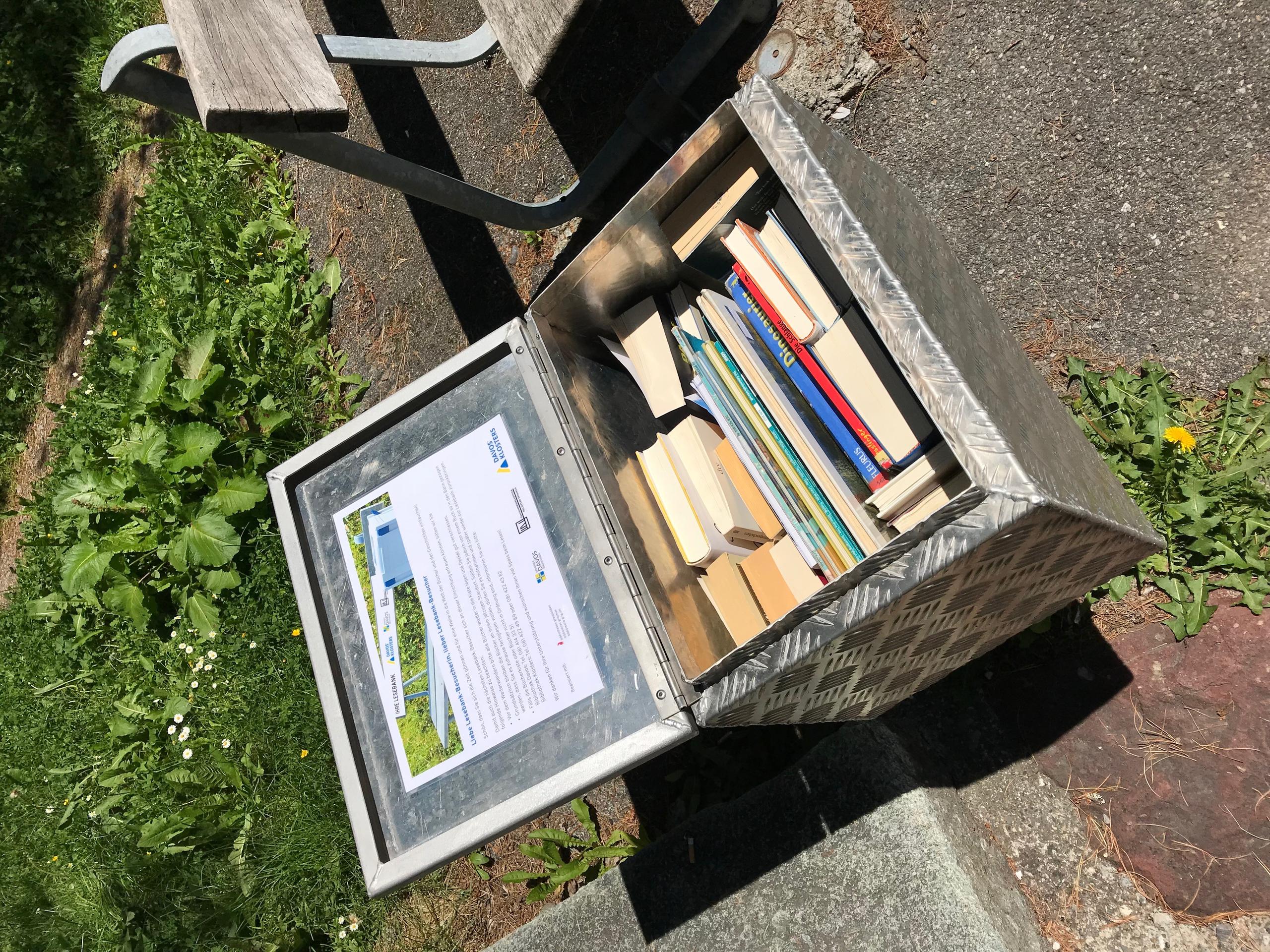
Some libraries encourage readers to trade books among themselves – take a book, leave a book in any language – which is also the case at the Press & BooksExternal link shops frequently found in Swiss train stations.
Food and drink
Trying the local cuisine is often one of the joys of travel, but what to do when the prices are far more than what you’re used to at home?
In Switzerland, lunch is usually considerably cheaper than dinner thanks to the daily specials offered by many restaurants. At midday on weekdays, it’s not uncommon for restaurants to throw in a salad or soup along with the main course – often for a price lower than the two would cost when purchased later in the day.
For example, Michelin-starred Meridiano in Bern serves a two-course lunch menu for CHF36, three courses for CHF43 – in the same ambience where a four-course evening meal costs CHF120.
Several readers suggested picnicking as a way to eat for less in Switzerland. For example, Natalie mentioned Swiss supermarket chain MigrosExternal link as her first stop.
And Ainon noted that picnicking is also a good way to enjoy the great outdoors.
For that picnic you can get some bargains that help counter food waste as well. The international Too Good To GoExternal link app makes it possible to scoop up unsold portions of everything from pasta to sushi to muffins from participating restaurants – typically late in the day or at off-peak times for meals.
And throughout the day, the rather awkwardly-named ÄssBarExternal link (Swiss-German play on words for “bar with edibles”) serves up yesterday’s sandwiches, salads, desserts and other treats. Its ten locations in German- and French-speaking Switzerland sell leftover goods from various bakeries and cafés, and there’s usually room to sit down and eat on site.
Swiss supermarkets typically offer last-minute markdowns on items close to the expiration date. This is especially true in the last hours before closing – particularly on Saturday, as most shops don’t open on Sundays.
Free refills
Wash it all down with free water from any of the nation’s numerous fountains or faucets. Don’t forget to bring your own bottle! [Water not meant for drinking – such as that from restrooms on trains – will be marked as such.]
If you’re at a restaurant, go ahead and ask for tap water. It might cost something to account for the staff serving it and washing the glasses, but it will still be cheaper than bottled water that’s been trucked in.
Need a bottle or a thermos for that free water or for hot drinks sold at a discount if you provide the drinking vessel? January and July are the months when Swiss retailers hold major clearance sales. This includes everything from housewares and personal electronics to cosmetics and seasonal apparel.
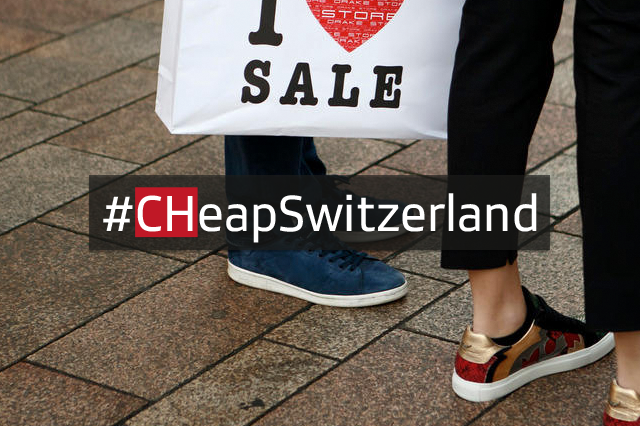
What have we missed? What else would you like to know about? Drop us a line in the comments section, or contact the author on Twitter, @SMisickaExternal link with the hashtag #CHeapSwitzerland.
This video, originally posted live on Facebook, gives an idea of the prices in Bern based on a little window shopping.

In compliance with the JTI standards
More: SWI swissinfo.ch certified by the Journalism Trust Initiative









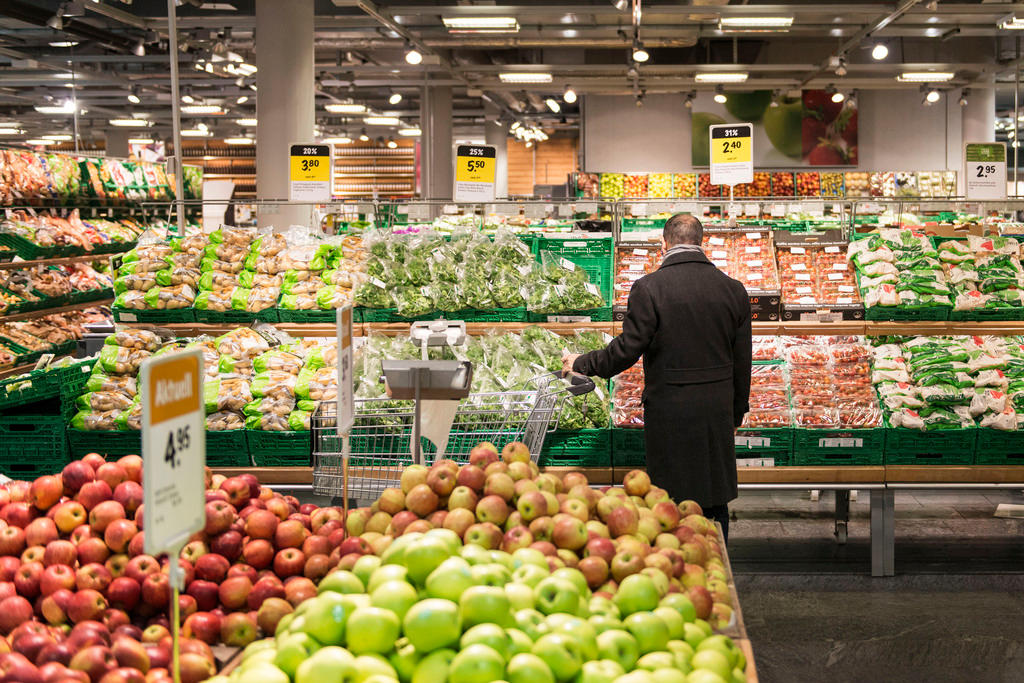
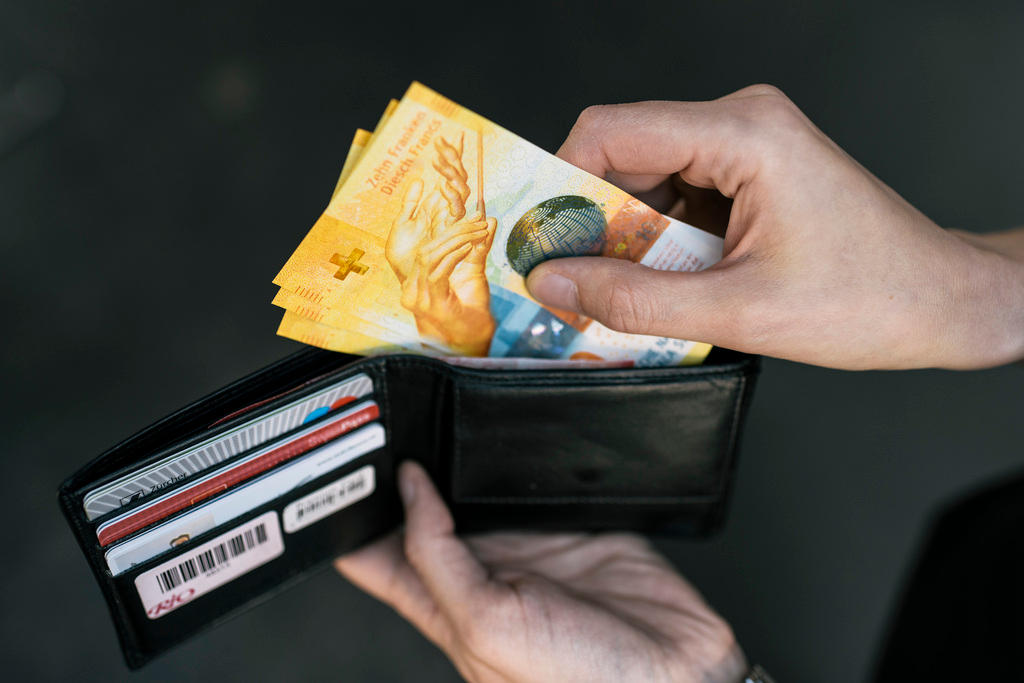



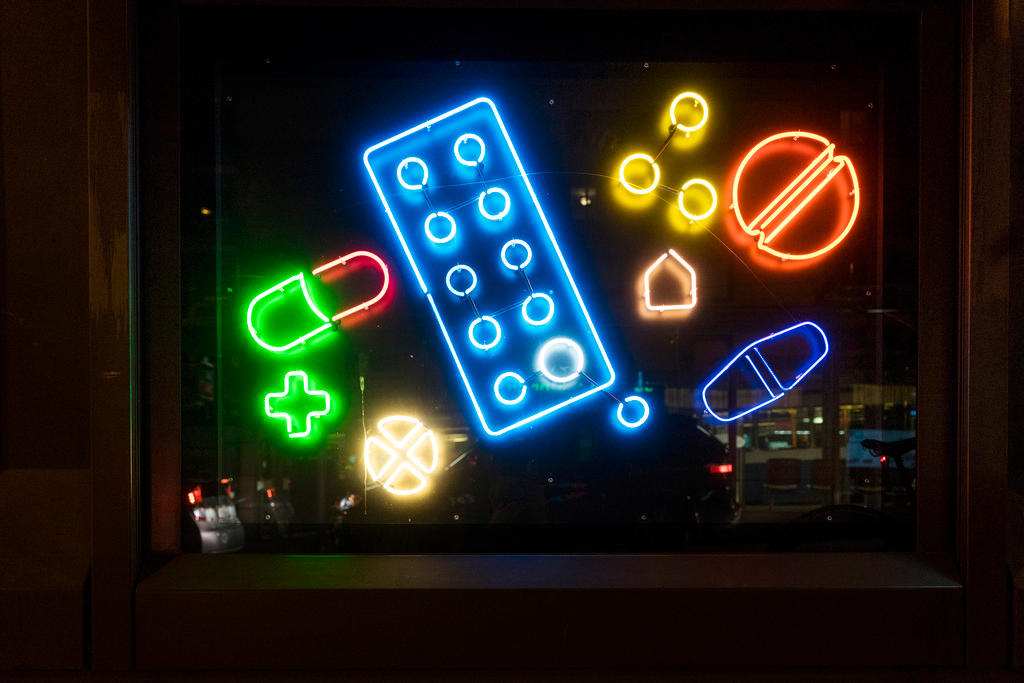
You can find an overview of ongoing debates with our journalists here . Please join us!
If you want to start a conversation about a topic raised in this article or want to report factual errors, email us at english@swissinfo.ch.